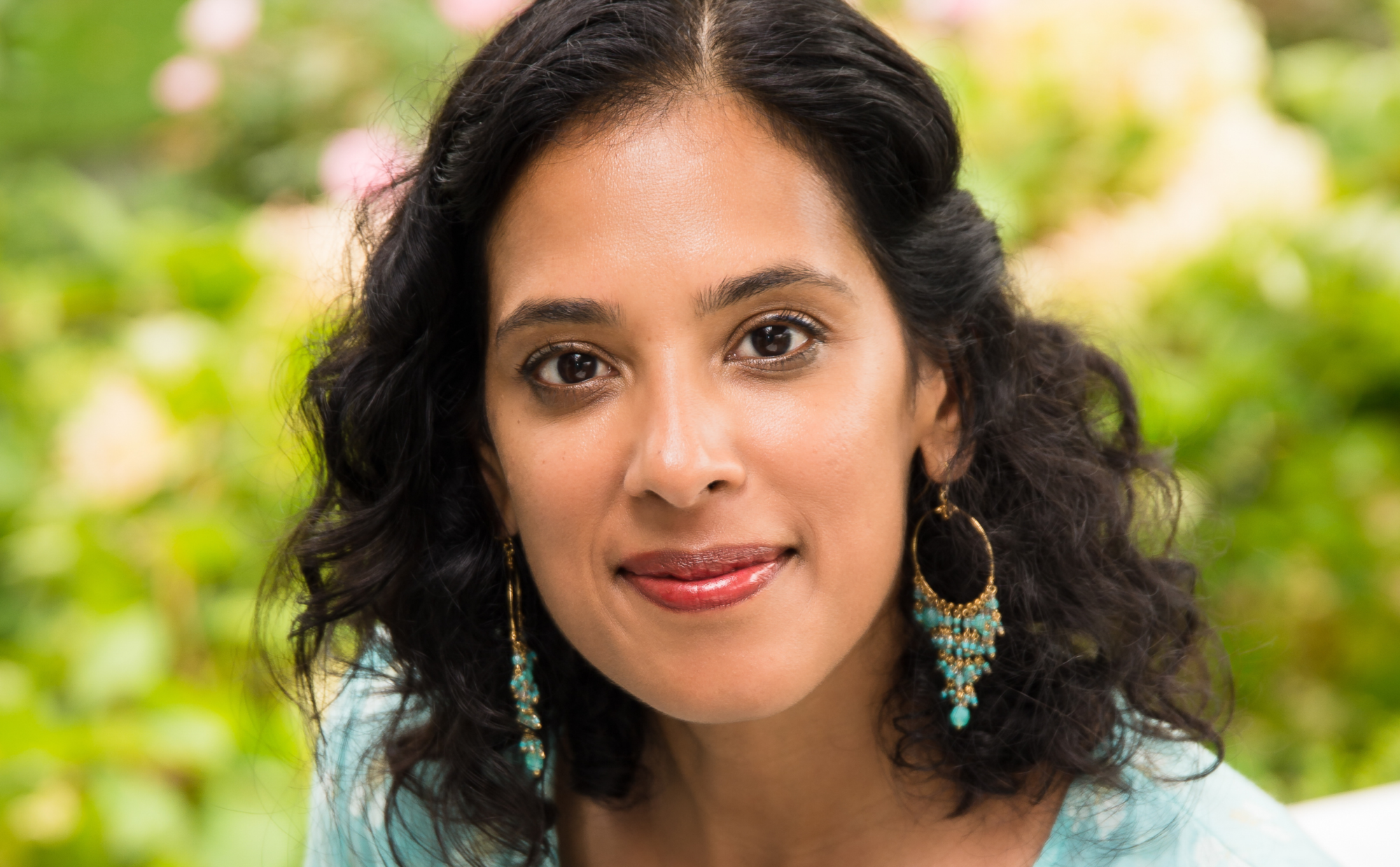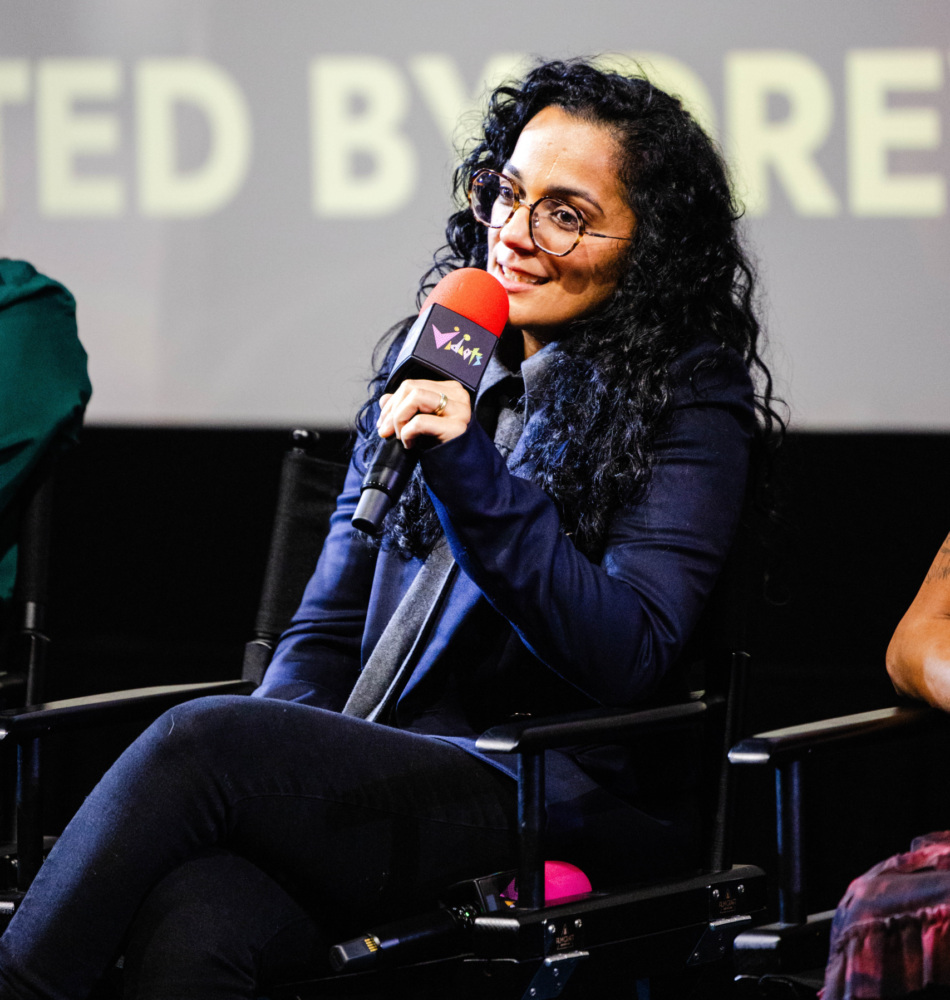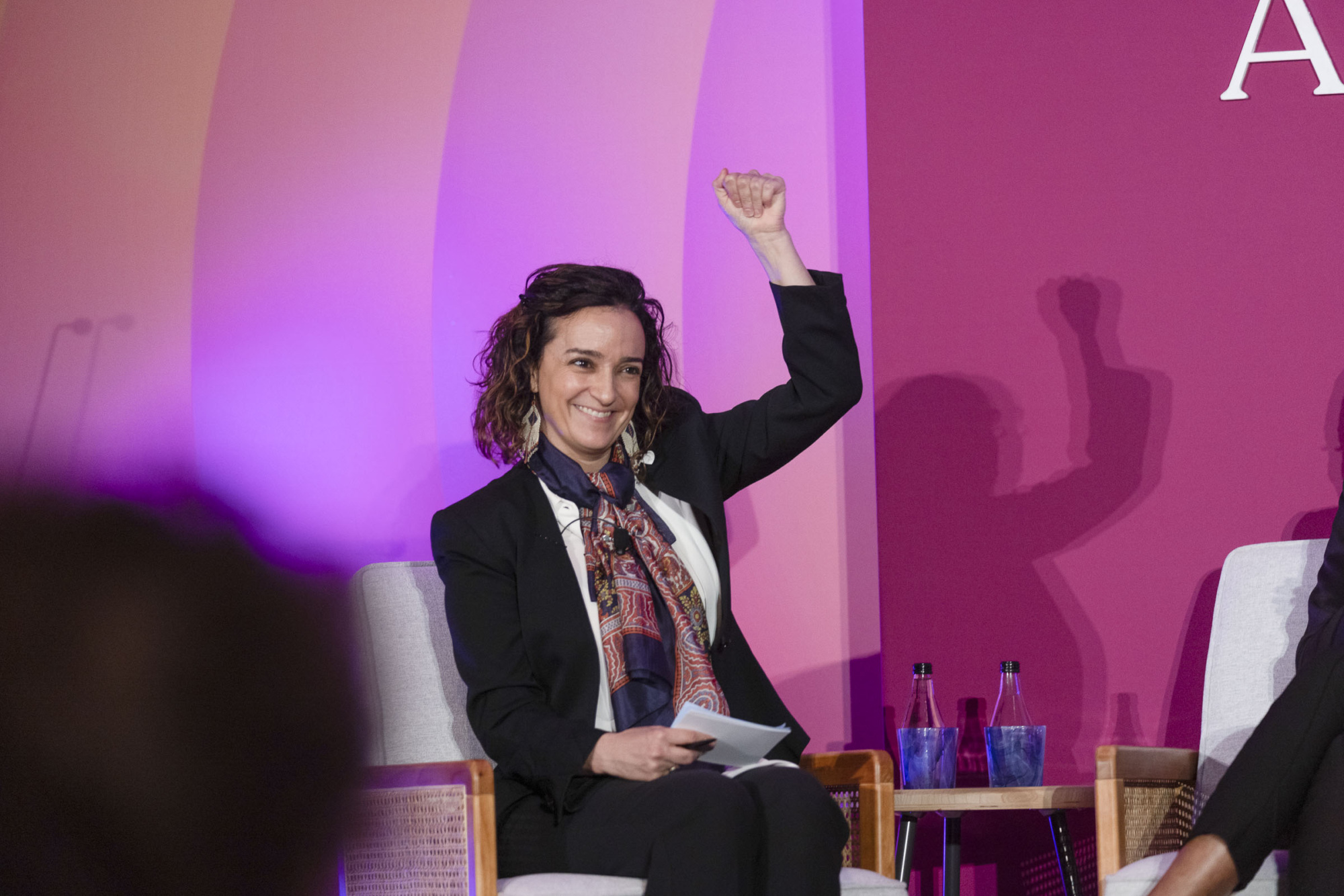Monika Parekh | New York, NY
Tell us about yourself and your philanthropy journey. What drives your giving and leadership?
I consider myself at the beginning of my philanthropic journey – and it has been so exciting to learn and grow in this space. My focus areas range from innovative, interdisciplinary science research to education to reproductive health and mental wellness. Yet what drives my giving in all these areas is very personal and is shaped both by my upbringing as the eldest of four daughters to Indian immigrants and my former career in healthcare working with children. In my professional life, I saw the profound lack of access to much needed healthcare in low-income communities. But I also discovered how resilient mothers were when given tools and a bit of hope in elevating their families. In my personal life growing up, I deeply felt the cultural bias against girls and women and realized early on that my education and ability to control my reproductive life afforded me opportunities my mother and so many others like her never had. I knew I had to find a way to have a meaningful impact in these areas. The recent decision to overturn Roe v Wade has only motivated me to redouble my efforts.
What inspired you to make a $1m+ commitment to women and girls? What do you want to say to others who are considering a bold investment in women and girls?
When my husband and I decided to start our family foundation a few years ago, I knew that a core part of it would center on supporting women and girls, especially those from immigrant and marginalized communities. Access to quality education is a big part of that, but so is the freedom to control one’s body and reproductive choices. In the 1992 case of Planned Parenthood of Southeastern Pennsylvania v. Casey, the US Supreme Court seemed to affirm this notion, and famously said “the ability of women to participate equally in the economic and social life of the Nation has been facilitated by their ability to control their reproductive lives.” Yet even before their recent ruling overturning Roe v Wade and the state bans, women have had highly variable access to abortion, reproductive health services, contraceptives, and maternal care. The recent attacks on women’s healthcare only further exacerbates the problem by disproportionately impacting low-income and marginalized communities. Yet today, domestically, little investment goes towards women’s healthcare and reproductive rights. I would tell others that without this basic, fundamental, and essential freedom, there can be no gender equality. The Women Moving Millions community understands this, and I feel fortunate to be part of such an inspiring, dynamic group. I want to thank again those members who joined me in supporting emerging young filmmakers to tell stories of reproductive justice in partnership with the USC Annenberg Inclusion Initiative. Courageous storytelling is a critical part of social change.
How will this bold investment help us realize a gender equal world? What impact do you hope to have?
I believe investing in adolescent girls and women ensures a sustainable, thriving, and more equitable society. I want every woman to have the opportunity to realize their full potential, chart their own course, and never feel limited because of their gender. As a mother of two sons, I also want every man to be part of this solution. So I support narrative change, because I believe even small changes in mindset can have a cascading effect. I support my local abortion funds and direct service providers. And I fund organizations, like the Collaborative for Gender and Reproductive Equity, that partner with over 120 organizations at the intersection of reproductive health, racial justice, and democracy reform. I know I have big dreams for gender equity. But as Gloria Steinem says, “dreaming, after all, is a form of planning.”


